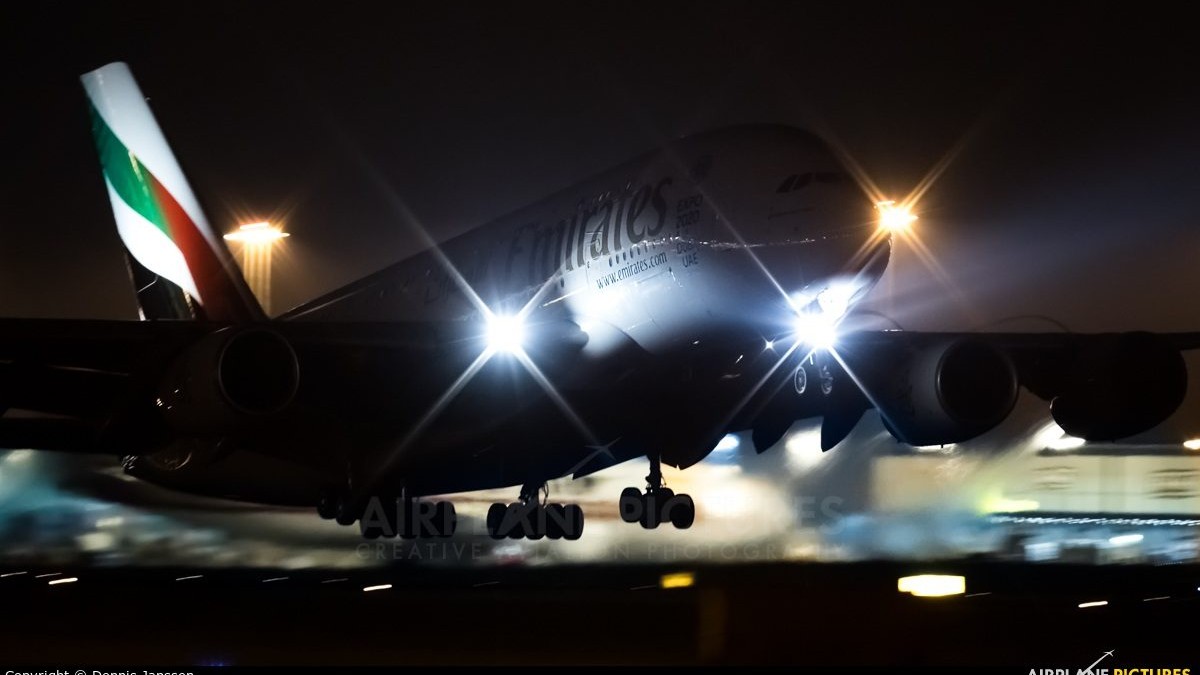
By Lindsay Wood, Director, Resilienz Ltd.
In 2019 I was booked on an evening flight out of Hamburg, and had just checked in when the airport was put into lockdown – an unexploded WWII bomb had been found nearby. (Ironically, my dad might have been associated with my delay – he was involved with RAF bombers to northern Germany…)
Anyway, Hamburg had a midnight curfew on all air movements, and the clock was counting down.
The airport made promising announcements about bomb disposal, Emirates primed the crowd to move quickly when the time came, and reshuffled us a couple of times in the departure lounge – but still warned that if we were a minute over we’d be spending another night in Germany.
At 11.40 the green light went on and 500 of us boarded in a case study of organised chaos, with the cabin crew winging it, bags flying willy-nilly into any available locker, and passengers dropping in disarray into seats – and, exactly as midnight rolled past, our Airbus A380 rolled down the runway and up into the night sky.

So what’s this quirky story got to do with the Trucking Towards a Better Future competition? Well, nothing, and everything. Who’d ever want to load even their cabin bags in such a scramble, let alone a truck, let alone an entire plane?
But then again, necessity is the mother of invention (and the climate crisis gives us plenty of necessity, even if we don’t always recognise it). An A380 normally takes 45 minutes to load, but such was the imperative to avoid the delay that the crew and 500 passengers worked together in new ways and had that plane taxiing in just 15 minutes. So it’s not so stupid to think there might be lessons in there that could apply to normal boarding procedures. Or loading trucks.
And there are lots of reasons to want to learn those lessons, from cold hard cash to overheating planets.

Any trucker will recognise the “cost per emplanement” sequence above, even if heavy transport uses different language. And our few hours “gate out delay” in Hamburg likely cost Emirates $US200/minute just for the plane – to say nothing of airport charges, ground staff, or disruptions to airline schedules. And it’s no surprise that much the same applies to trucks, even if the numbers are different.
And when it comes to emissions, it takes a heap of energy just to have a plane on standby: those auxiliary generators you might have seen plugged into planes on the tarmac (like the red one in the picture below) burn up to 300 l/hour of high-emissions fuel just to keep the plane’s systems going. And you don’t need me to explain about conditions inside when they aren’t working, because truckers are familiar with running their engines just to power the aircon while waiting to load or unload. And at those times their low-revving engines just become high-emitting auxiliary power generators.

Cutting emissions like those is propelling airports everywhere to supply power and aircon services right to planes (orange and yellow in the picture below), and shipping ports are supplying “shore power” so boats don’t have to keep their engines running while the ship is at berth. So how can trucks achieve something like that too?
It doesn’t stop there. Wikipedia reports Emirates’ A380 teams “developed new innovations on an ongoing basis that improved operational performance up to 99.3%”. Got that? A virtual doubling of performance through progressive innovation by the teams on the job.
And it’s not as silly as it might seem to draw a parallel between the climate crisis and the curfew at Hamburg Airport – we really are on a countdown to sort the climate stuff and, just like loading that late night plane, we’re at the last minute and must really work together to make things happen quickly and in new ways. Otherwise we’re screwed far more than an unexpected night in a German city.

And there’s even a parallel between my father’s generation leaving an unexploded bomb, and humanity’s past actions leaving a dire and escalating climate emergency – actions like clearing forest for 10,000 years, and burning enough fossil fuel to change the world’s atmosphere and oceans.
So let’s read “heavy transport teams” for “Emirates’ A380 teams” and discover a whole world of innovation to improve the efficiency and lower the emissions of the heavy transport sector!
Have you got a simple way of making the world better and more efficient, especially from a supply chain and general business perspective? Then enter the 2022 Trucking Toward a Better Future competition. To find out how, read the rules, and check the terms and conditions, click here: https://www.nztrucking.co.nz/trucking-toward-a-better-future-get-your-entries-in-2/





